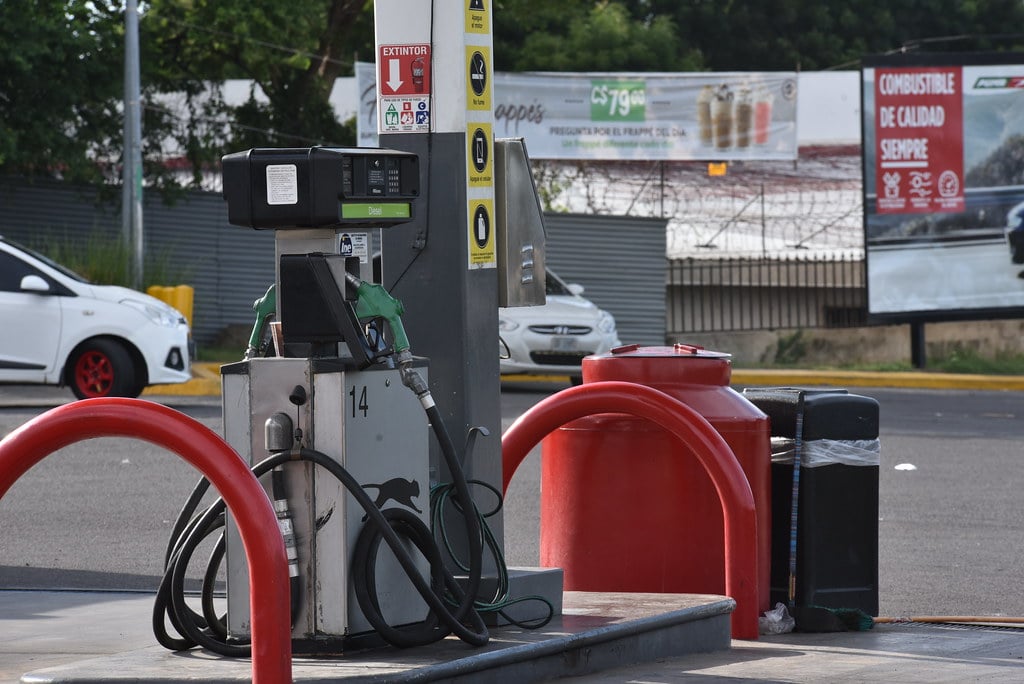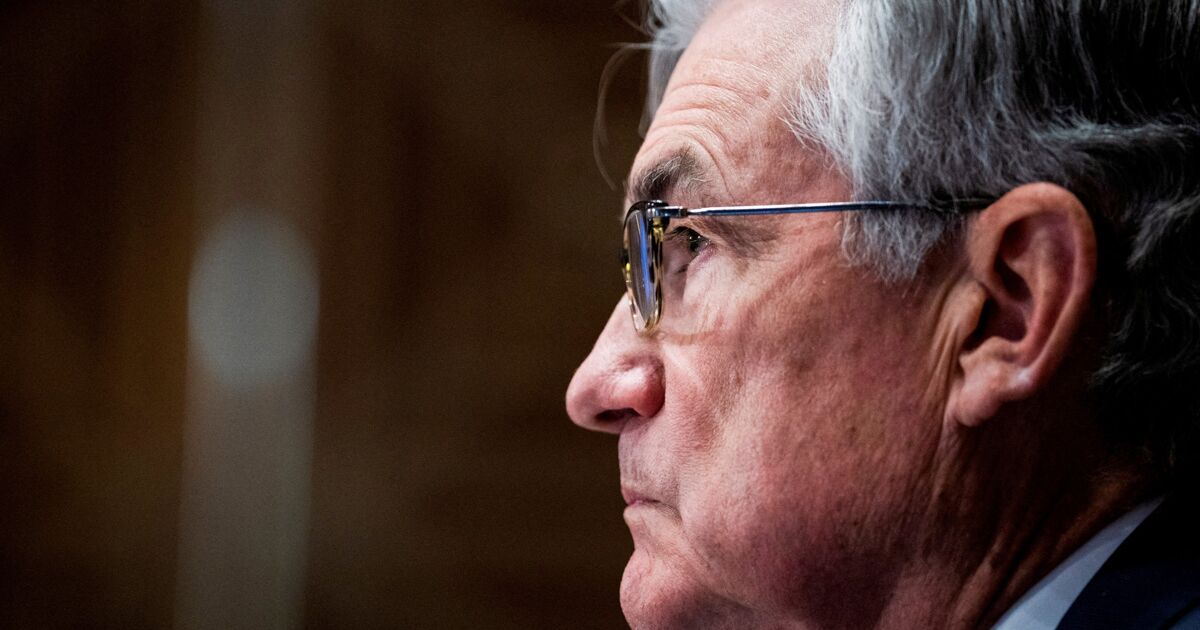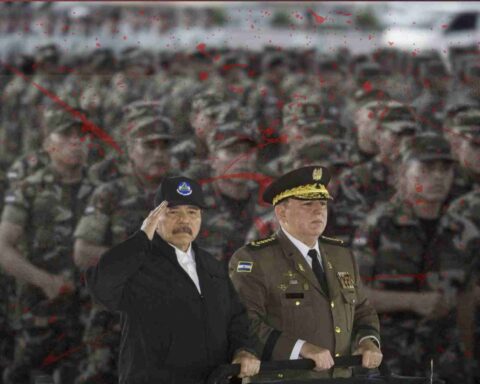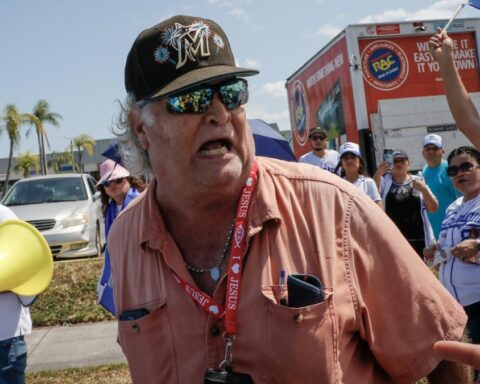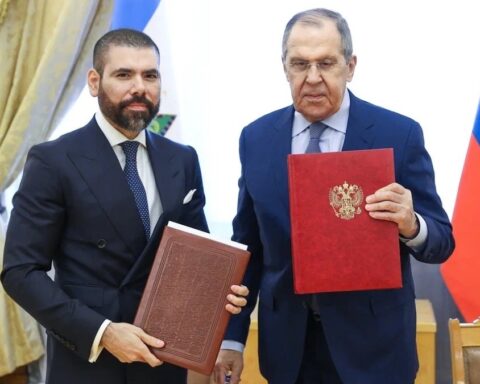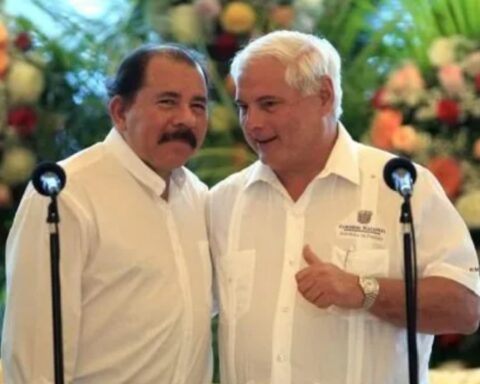The Ministry of Energy and Mines and the Nicaraguan Institute of Energy announced this Friday that, for the sixth consecutive week, the prices of fuels and liquefied petroleum gas will not suffer any increase. The authorities highlighted that the “Government” Daniel Ortega and Rosario Murillo “assume with their resources”, but, again, they did not detail what mechanisms they use to continue mitigating the increases that international oil prices suffer from week to week.
Last week, the Nicaraguan government confirmed that it received a credit line of 220 million dollars from the Central American Bank for Economic Integration (CABEI) to face the impact of international oil prices.
The prices that have been maintained in Nicaragua for more than a month are: 185.35 córdobas per gallon of superior gasoline and that of regular at 180.96 córdobas, while that of diesel is 163.54 córdobas.
The The increases corresponding to the week of May 15 to 21, 2022, according to the international oil prices disclosed in the statement, are: 30.13 córdobas per gallon for diesel, 32.21 per gallon for superior gasoline and 23.66 córdobas per gallon for regular gasoline. . However, they emphasize, “our Government has decided to assume 100% of said increases, for the benefit of Nicaraguan families.”
As for liquefied petroleum gas, used especially for food processing, the regime reported that “100% of its increase is also assumed, so that it will not have any change in its price for presentations of 10, 25 and 100 pounds”.
Regime hides mechanism used to dampen hikes
The Vice President of Nicaragua, Rosario Murillo, prior to the release of the statement from the Ministry of Energy and Mines and the Nicaraguan Institute of Energy, announced, in her midday address, that the authorities of both institutions would announce the freezing for the sixth consecutive week.
“Liquefied petroleum gas, which is the main fuel used in Nicaraguan homes, does not increase in price either, there will be no change, none of the fuel presentations, none will undergo any change, since the Government of Reconciliation and National Unity, the Government President of the People assumes the costs of the price increase that is taking place in the international market, to protect families and above all the cost of living of Nicaraguan families”, Murillo noted.
The deputy president, like the institutions, did not mention what mechanisms they apply to continue subsidizing increases in international oil prices, where those funds come from and what programs are being affected.
On May 4, President Daniel Ortega admitted that the Russian invasion in Ukraine had an impact on Nicaragua, after he stated that the State allocated four million dollars in a week to “subsidize” the increases in fuel prices. However, he again justified the Russian attack on Ukrainian territory and pointed to international sanctions as solely responsible for the increase in the international price of oil.
Ortega assured that the subsidy funds, which come out of the state coffers, are obtained “by administering the programs”, but on that occasion he did not detail which are those programs that are affected or the mechanism that is being used to cushion the increases.
With information from EFE

